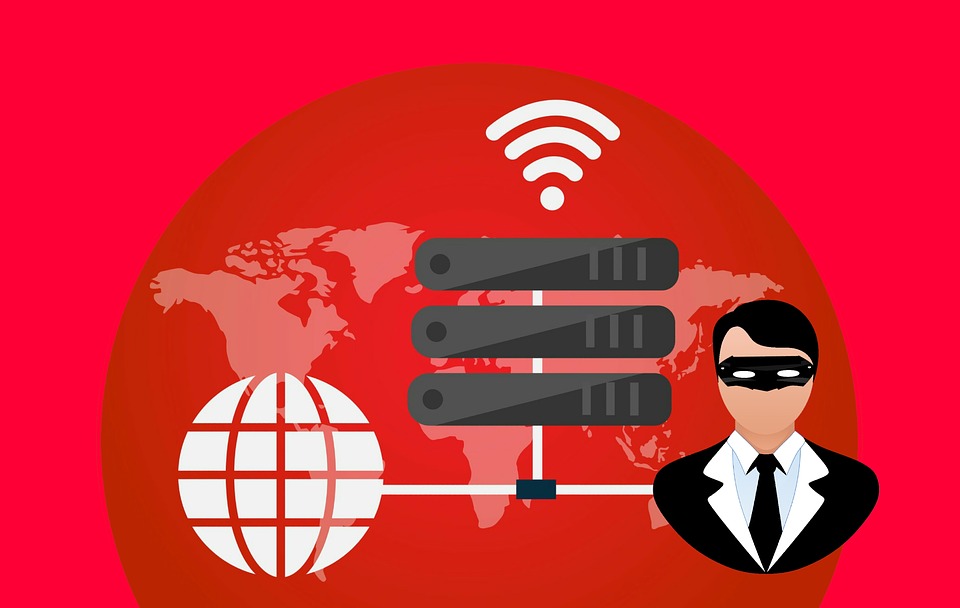Ways to Protect Yourself from Malware in the Covid Era

November 17, 2020
As a result of the coronavirus crisis, computer users are increasingly getting attacked by malware. Malware, or malicious software, is a program by hackers created to steal data, disrupt a computer’s resources, and extort money from victims. It is malware that has targeted tons of remote workers around the world.
VMWare Carbon Black, a cybersecurity tracking firm, released a report that revealed 91% of remote workers have observed an increase in cyberattacks. Respondents from the UK, US, Singapore, and Italy agreed that malware attacks were on the rise.
In a bold move, hackers have released phony contact tracing apps designed to mirror that of the government. The apps which steal banking login credentials targeted Android users. The countries affected include India, the UK, and Columbia.
Varying Forms of Malware
- Ransomware
Ransomware is a form of malware that holds your files hostage, preventing you from gaining access to them. Hackers that infect victims with ransomware almost always ask for payments, usually in cryptocurrency. This kind of malware has affected numerous firms, government organizations, and individuals.
The cybercriminals usually give a payment deadline to their victims before removing all their files. There have, however, been cases where a ransom is paid to ransomware hackers and the victims’ data getting deleted.
- Spyware
Spyware is a form of malware used to monitor a person’s computer activity. It can be used to steal login credentials, record keystrokes, and so on. It is often used by hackers to perpetrate identity theft and credit card scams.

Securing your Device against Malware
- Ensure your Software is Up to Date
Your operating system and programs should be updated immediately once one is available. OS providers like Linux, Apple, and Windows consistently roll out updates for users. These updates ensure full system security, making it difficult for hackers to exploit loopholes to introduce malware.
Once you see an OS update, don’t press the ‘Remind me Later’ button. Inculcate the same habit for your computer programs. Browser plug-ins shouldn’t be ignored too. If you’re the busy type, you can set your computer to install the update automatically.
- Download a VPN
A VPN, also known as Virtual Private Network is a security tool that encrypts your internet connection. It prevents hackers from spying on your internet activity. The protection VPNs provide from malware is two-fold.
First, it protects you on public Wi-Fi, preventing hackers from spreading malware onto your device. Free Wi-Fi hackers use this medium to attack devices connected to the same network.
Second, its services keep a list of websites infected with malware. You get prevented from visiting these blacklisted websites if you’re directed to them, provided you’re connected to a VPN app on your device.
- Understand Email-Spread Malware
Emails are one of the most prominent ways you can get infected with malware. This is why you have to treat your emails with caution and imbibe cyber-secure email practices.
Do not open any emails from senders you don’t know. If you do, refrain from clicking any links in the email body or downloading any attachments. Call and confirm from a familiar sender that a link or file was sent to you through email before accessing it.



